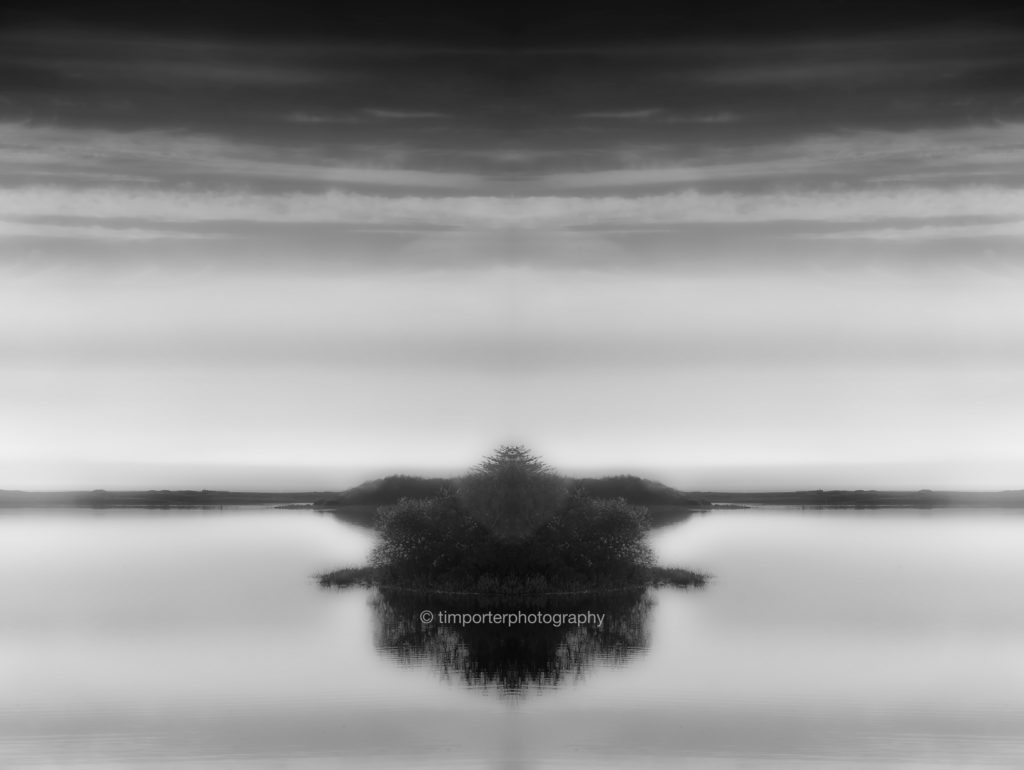
The air is clearer this morning, but still infused with enough particulate to qualify as unhealthy on the air-quality index. Someone quipped last night on social media how perverse it felt to celebrate the improvement of the air from very unhealthy to simply unhealthy.
These are our times. It is not the End Time or the End of Days, the apocalyptic doomsday foreseen by many religions, but it is the end of an epoch for humankind, the last steps of a long march across the planet during which we Homo sapiens appropriated all the planet offered for own comfort and aggrandizement and left in our wake a swath of vanished species, wastelands of depleted resources, and teeming warrens where millions of our fellow humans live in scarcity, poverty and oppression because the most powerful among us care next to nothing for the least of us.
This is our legacy – a ravaged planet, species-cide, and obdurate indifference.
Clearly, I am not feeling great today. If you indulge me a moment of complaint, I will tell you of the foul, gray, chalky air that encompasses my cabin on the hill and how my body bemoans the necessity to inhale this sludge 15 times a minute. The eyes water and itch. The nose fills. The head aches behind the eyes.
I recognize the weakness of these grievances. Annoyances, really, compared to the afflictions and sufferings of so many others. My house stands, not reduced to ash, as hundreds have been up and down the coast. The Covid has not claimed me, as it has 200,000 of my countrymen. There is food on the table, and more in the freezer. I have resources that many other don’t. Yet, my whinges are also warnings, flags flying ahead of the coming storm. I said the other day that what is happening in California (and now Oregon) is a harbinger. Listen to the canaries in our coal mine. What do you hear?
Another era is ending as well – my own. The state of affairs in which I find myself is evidence we are not the drivers of our own destinies. The times choose us, not the reverse. Life is random. At best we hold the reins as the years gallop onward, guiding the steeds in one direction or another but never managing to break their stride. Some of us are born in war and poverty, others into peace and prosperity. The circumstances of our birth contribute almost everything to the consequences of our lives.
The same is true of the end game. How and when we leave the planet is as arbitrary as how and when we arrived. Chance is the great master of fate. An unfortunate few drop dead early, victims of genetics, violence or simply actuarial realities. The rest of us ride own, falling off at increasing rates to tumors, expired organs, overworked hearts, underworked muscles and, more and more, worn out brains.
I’ve reached an age where my past throws a long shadow. I am well and I am as fit as a man of my decades could be, yet I am dying – as I have been since Day 1. Our first breath is also the initial step toward the last. The infernal pandemic and the California infernos raise my awareness of the tick-tock of the biological clock. It is the tinnitus of our time, the sound of the passing of days whose primary purpose is to get through them.
Someone commented on one of these scribblings that I don’t seem like myself, and she urged me in so many words to break free of the funk she saw me in and find the version of myself she thought I’ve lost. She misread what I said. I am neither sad nor depressed. I am chastened. Six months mostly in the house, a month of lightning, fire, and smoke. A rearrangement by chance, by random interference of circumstances and consequences, of everything I spent a lifetime arranging. No, I am not sad or angry or disillusioned – at least for myself. I have not gone missing. In fact, in the last six months I have found more of myself than I knew I had.

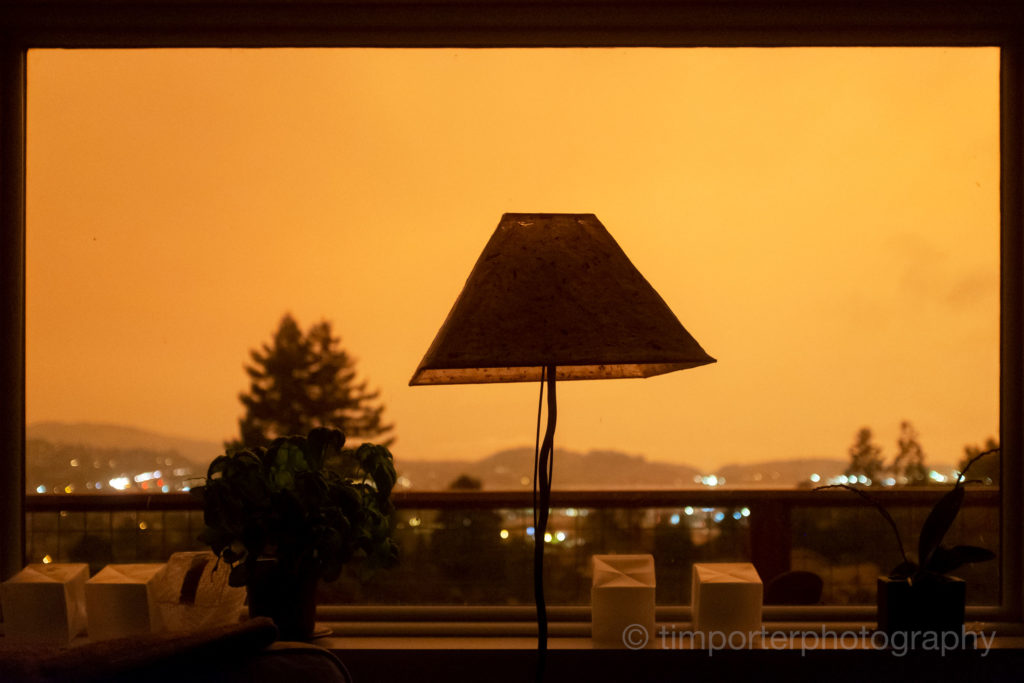
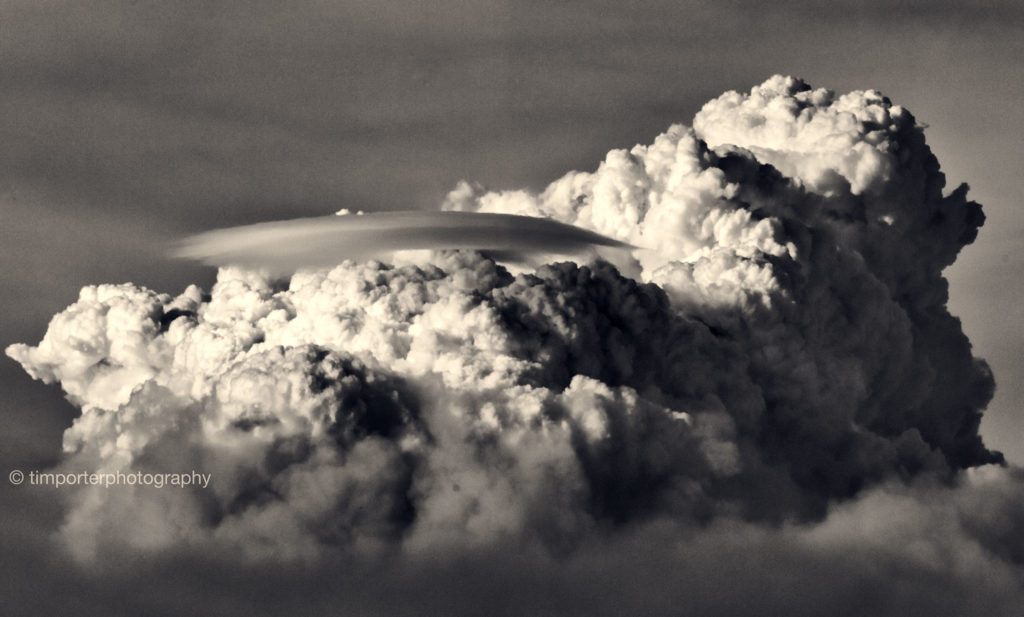
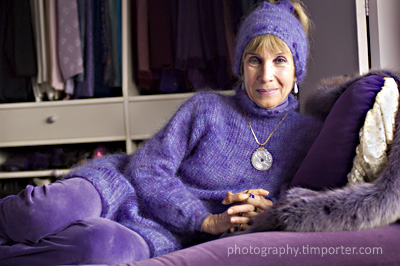
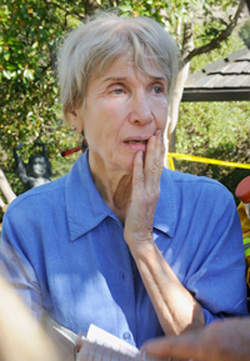 Barbara and I became friendly acquaintances and I would see her occasionally during my jaunts around Marin. She is a bright spirit and any encounter, like one a few weeks ago at Ruth Livingston’s gallery in downtown Tiburon, made me feel good.
Barbara and I became friendly acquaintances and I would see her occasionally during my jaunts around Marin. She is a bright spirit and any encounter, like one a few weeks ago at Ruth Livingston’s gallery in downtown Tiburon, made me feel good.